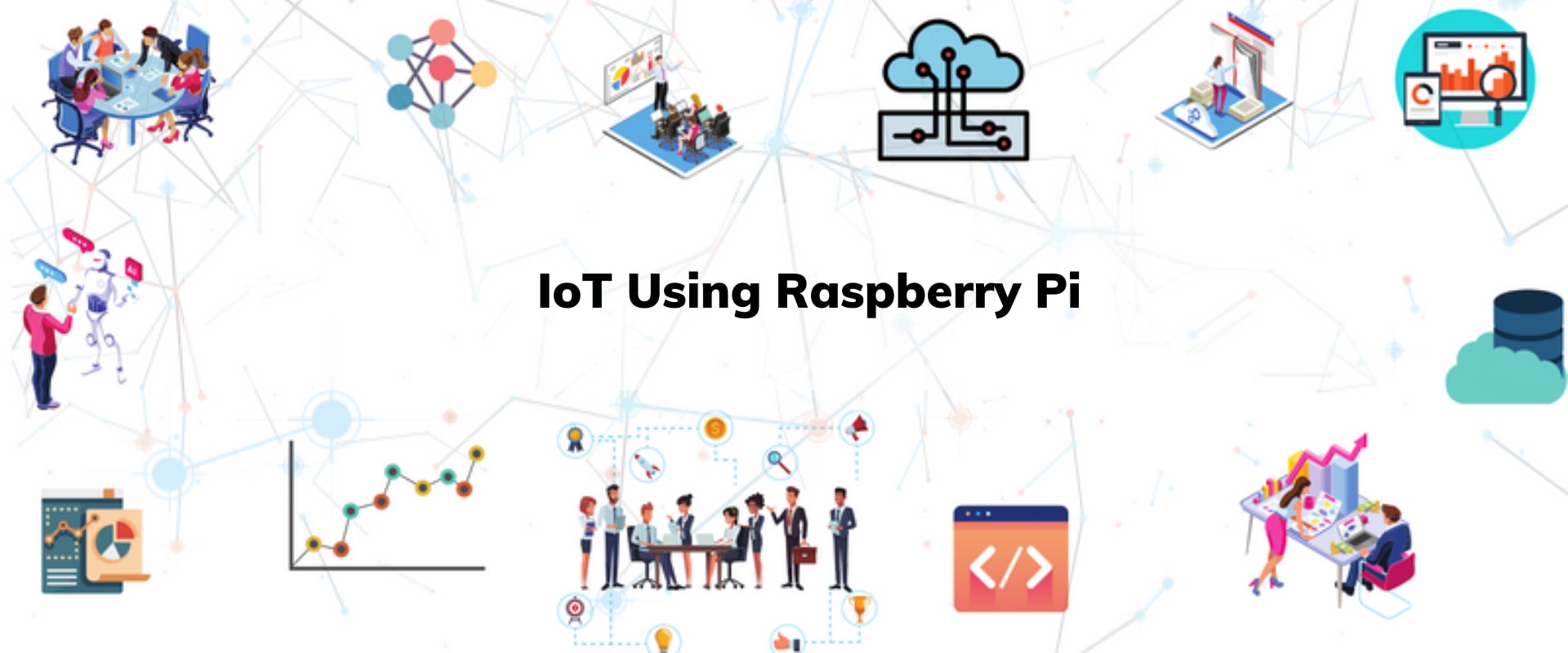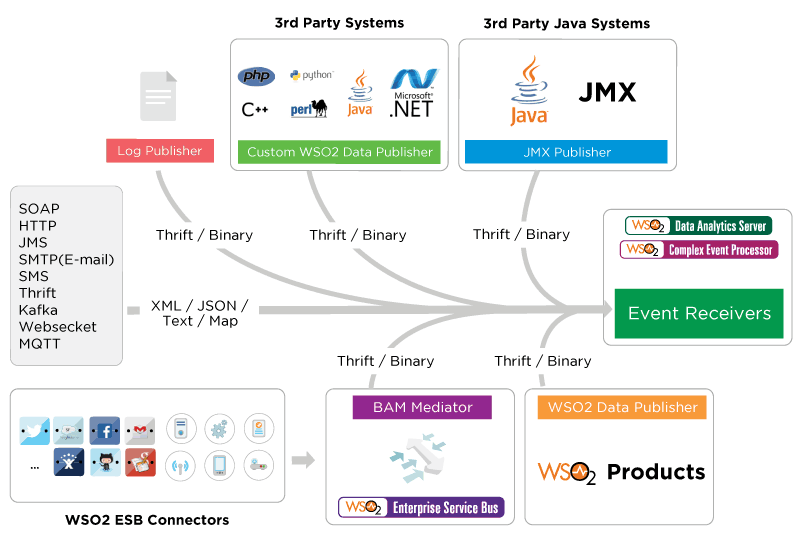Best Remote IoT Platform For Raspberry Pi: Unlocking The Future Of Smart Devices
Let’s face it—Raspberry Pi has become the ultimate playground for tech enthusiasts, hobbyists, and professionals alike. If you’re diving into the world of IoT, chances are you’re already thinking about which platform will take your project to the next level. But here’s the thing—choosing the best remote IoT platform for Raspberry Pi isn’t just about picking something that works; it’s about finding the perfect match for your needs. So, buckle up, because we’re about to deep-dive into the nitty-gritty of this tech wonderland.
Now, let’s break it down real quick. IoT, or the Internet of Things, is all about connecting devices, sharing data, and automating processes. And when you pair it with Raspberry Pi, you’ve got a powerhouse combo that can do everything from monitoring weather conditions to controlling smart home systems. But the question remains—what’s the best remote IoT platform to make this magic happen? Stick around, because we’re about to spill the tea on this topic.
Here’s the deal: this article isn’t just another listicle. We’re going to explore the ins and outs of the best remote IoT platforms for Raspberry Pi, including their features, benefits, and drawbacks. Whether you’re a seasoned developer or just starting out, we’ve got you covered. So, without further ado, let’s get into the meat of it, shall we?
Why Raspberry Pi is the King of IoT Projects
First things first—why is Raspberry Pi such a big deal in the IoT world? Well, for starters, it’s affordable, compact, and incredibly versatile. You can use it for anything from home automation to industrial applications, and it plays nice with a wide range of software and hardware. Plus, its open-source nature means you’ve got a whole community of developers ready to help you out.
But here’s the kicker—Raspberry Pi isn’t just a one-trick pony. It can handle complex tasks like data processing, machine learning, and even AI applications. So, if you’re looking to build a remote IoT platform, Raspberry Pi is the perfect foundation. Now, let’s move on to the main event—finding the best platform to pair with it.
Top 10 Best Remote IoT Platforms for Raspberry Pi
1. AWS IoT Core
AWS IoT Core is like the Beyoncé of IoT platforms—flawless and powerful. It allows you to connect millions of devices and process trillions of messages, all while maintaining security and scalability. If you’re working on a large-scale project, this might just be the platform for you.
- Supports MQTT, HTTP, and WebSocket protocols
- Offers device management and over-the-air updates
- Integrates seamlessly with other AWS services
2. Microsoft Azure IoT Hub
Azure IoT Hub is another heavy hitter in the IoT game. It provides robust device management, secure communication, and real-time analytics. Plus, it’s compatible with a wide range of programming languages, so you can code in your language of choice.
- Supports bi-directional communication
- Offers device twins for easier management
- Integrates with Azure Stream Analytics
3. Google Cloud IoT Core
Google Cloud IoT Core is all about simplicity and scalability. It’s built on Google’s powerful infrastructure, so you know it can handle whatever you throw at it. Plus, it integrates with other Google Cloud services like BigQuery and Pub/Sub, making it a great choice for data-heavy projects.
- Supports MQTT and HTTP protocols
- Provides device authentication and authorization
- Offers real-time data streaming
4. ThingsBoard
ThingsBoard is an open-source IoT platform that’s perfect for developers who want more control over their projects. It offers features like data visualization, device management, and rule engine capabilities. Plus, it’s highly customizable, so you can tailor it to your specific needs.
- Supports MQTT, CoAP, and HTTP protocols
- Provides real-time monitoring and analytics
- Offers a free community edition
5. Losant
Losant is a cloud-based IoT platform that’s great for both beginners and professionals. It offers a drag-and-drop interface for building workflows, making it easy to create complex applications without writing a single line of code. Plus, it integrates with popular services like Slack and Twilio.
- Supports MQTT and HTTP protocols
- Offers device management and data visualization
- Provides a free tier for small projects
6. Cayenne
Cayenne is an IoT platform that’s all about simplicity. It offers a drag-and-drop interface for building IoT applications, making it perfect for beginners. Plus, it supports a wide range of hardware, including Raspberry Pi, so you can get up and running in no time.
- Supports MQTT and HTTP protocols
- Offers device management and data visualization
- Provides a free tier for hobbyists
7. Ubidots
Ubidots is another great option for beginners. It offers a user-friendly interface for building IoT applications, along with features like data visualization and device management. Plus, it integrates with popular services like Google Sheets and Slack.
- Supports MQTT and HTTP protocols
- Offers real-time data visualization
- Provides a free tier for small projects
8. Home Assistant
Home Assistant is an open-source home automation platform that’s perfect for Raspberry Pi users. It allows you to control all your smart devices from one place, and it’s highly customizable. Plus, it integrates with a wide range of third-party services, so you can expand its capabilities as needed.
- Supports a wide range of smart home devices
- Offers automation and scripting capabilities
- Provides a free and open-source solution
9. Blynk
Blynk is an IoT platform that’s all about creating beautiful user interfaces for your projects. It offers a drag-and-drop interface for building apps, along with features like data visualization and device management. Plus, it’s compatible with a wide range of hardware, including Raspberry Pi.
- Supports MQTT and HTTP protocols
- Offers a mobile app for remote control
- Provides a free tier for small projects
10. Freeboard
Freeboard is an open-source IoT dashboard that’s perfect for visualizing data from your Raspberry Pi projects. It offers a drag-and-drop interface for building dashboards, along with features like data logging and charting. Plus, it’s highly customizable, so you can tailor it to your specific needs.
- Supports MQTT and HTTP protocols
- Offers real-time data visualization
- Provides a free and open-source solution
Choosing the Right Platform for Your Raspberry Pi IoT Project
Now that you’ve got the lowdown on the top remote IoT platforms for Raspberry Pi, it’s time to choose the one that’s right for you. Here are a few things to consider:
- Project size and complexity
- Budget and pricing
- Integration with other services
- Community support and documentation
Remember, there’s no one-size-fits-all solution when it comes to IoT platforms. The key is to find the one that aligns with your goals and resources. So, take your time, do your research, and make the best decision for your project.
Key Features to Look for in a Remote IoT Platform
1. Device Management
Device management is crucial for any IoT project. Look for a platform that offers features like device registration, monitoring, and updates. This will help you keep your devices running smoothly and securely.
2. Data Visualization
Data visualization is all about turning raw data into actionable insights. Look for a platform that offers tools like dashboards, charts, and graphs. This will help you understand your data better and make informed decisions.
3. Security
Security is a top priority in the IoT world. Look for a platform that offers features like encryption, authentication, and authorization. This will help protect your devices and data from unauthorized access.
4. Scalability
Scalability is all about growing your project without compromising performance. Look for a platform that can handle an increasing number of devices and data points. This will ensure your project can grow with your needs.
Conclusion: The Best Remote IoT Platform for Raspberry Pi
So, there you have it—the best remote IoT platforms for Raspberry Pi. Whether you’re building a smart home system, monitoring environmental conditions, or developing industrial applications, there’s a platform out there that’s perfect for your needs.
Here’s the thing—choosing the right platform is just the first step. The real magic happens when you put it into action and start building your IoT projects. So, don’t be afraid to experiment, learn, and grow. And remember, the IoT world is full of possibilities—so go out there and make the most of it.
Before you go, why not drop a comment and let us know which platform you’re planning to use for your Raspberry Pi project? And if you found this article helpful, don’t forget to share it with your fellow tech enthusiasts. Until next time, happy building!
Table of Contents
- Why Raspberry Pi is the King of IoT Projects
- Top 10 Best Remote IoT Platforms for Raspberry Pi
- AWS IoT Core
- Microsoft Azure IoT Hub
- Google Cloud IoT Core
- ThingsBoard
- Losant
- Cayenne
- Ubidots
- Home Assistant
- Blynk
- Freeboard
- Choosing the Right Platform for Your Raspberry Pi IoT Project
- Key Features to Look for in a Remote IoT Platform
- Conclusion: The Best Remote IoT Platform for Raspberry Pi


